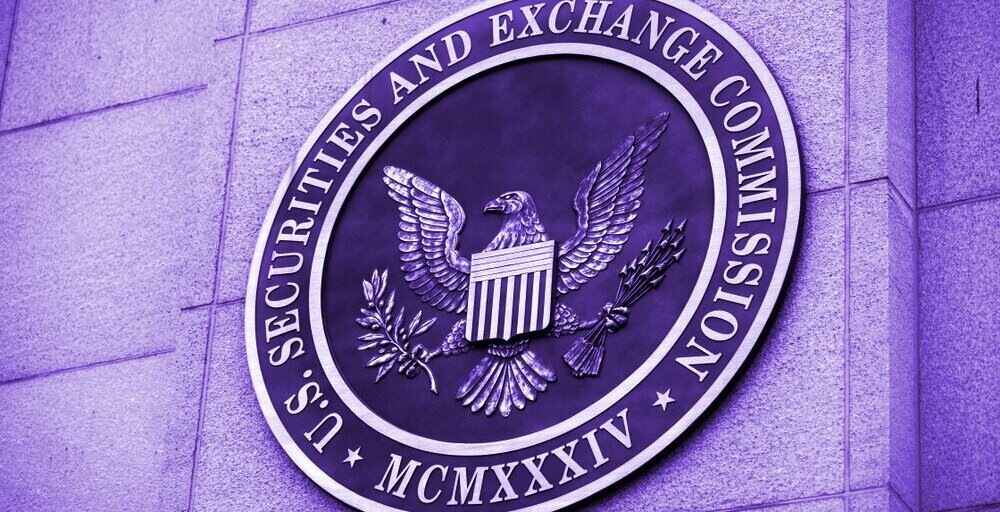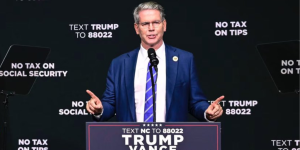While investors continue to lobby the U.S. Securities and Exchange Commission to approve a spot market Bitcoin ETF, the SEC has approved its fourth Bitcoin futures ETF.
The Teucrium Bitcoin Futures Fund approval was granted to Teucrium Trading, a Vermont-based firm that has up until now exclusively offered crop price futures funds that track the prices of corn, wheat, soybeans, and sugarcane.
An ETF, or exchange-traded fund, bundles securities like stocks and commodities. Investors can buy shares of an ETF to gain exposure to those securities without owning them directly. In the case of Bitcoin ETFs, there have been two main types: Bitcoin futures and Bitcoin spot.
Bitcoin futures are derivative contracts speculating on the price of the cryptocurrency. The Bitcoin spot price is its current price.
Teucrium is the fourth Bitcoin futures fund to be approved, following Proshares (BITO), Valkyrie (BTF) and VanEck (XBTF) funds that all began trading late last year.
“We are pleased that the 19b4 filing was approved, and more information regarding the fund will be forthcoming when the time is appropriate,” Teucrium Trading CEO Sal Gilbertie told Decrypt in an email, referring to the SEC form used to propose the rule change that allowed the fund to be registered.
That might not have been big news. After all, the other three Bitcoin futures ETFs have all slid in price since their debut. But this new fund is different.
The other three funds were approved under the Investment Company Act of 1940, which the SEC has said provides strong consumer protections. But the Teucrium ETF marks the first time the SEC has approved a Bitcoin futures fund under the Securities Act of 1933.
The SEC said last summer in an investor bulletin that funds regulated under the 1940 act provide “important investor protections,”—rules regarding valuation, liquidity, and custody of fund assets—that aren’t covered under the 1933 act.
For example, the ARK 21Shares Bitcoin ETF that was denied last week was filed under the 1933 act. Same goes for the denied NYDIG and VanEck spot Bitcoin ETF applications.
Now that a Bitcoin futures ETF has been approved under the ’33 act, the argument has been made that the protections should be strong enough for a Bitcoin spot ETF as well.
The significance hasn’t been lost on Grayscale CEO Michael Sonnenshein, who’s been suggesting that his firm may file a lawsuit against the SEC to get its Grayscale Bitcoin Trust (GBTC) converted into a spot Bitcoin ETF.
He said in a Twitter thread yesterday evening that the SEC “can no longer justifiably cite the ‘40 Act as being the differentiating factor” between futures and spot ETF approvals.
Whether the SEC will agree with Sonnenshein, however, remains to be seen.
The best of Decrypt straight to your inbox.
Get the top stories curated daily, weekly roundups & deep dives straight to your inbox.















